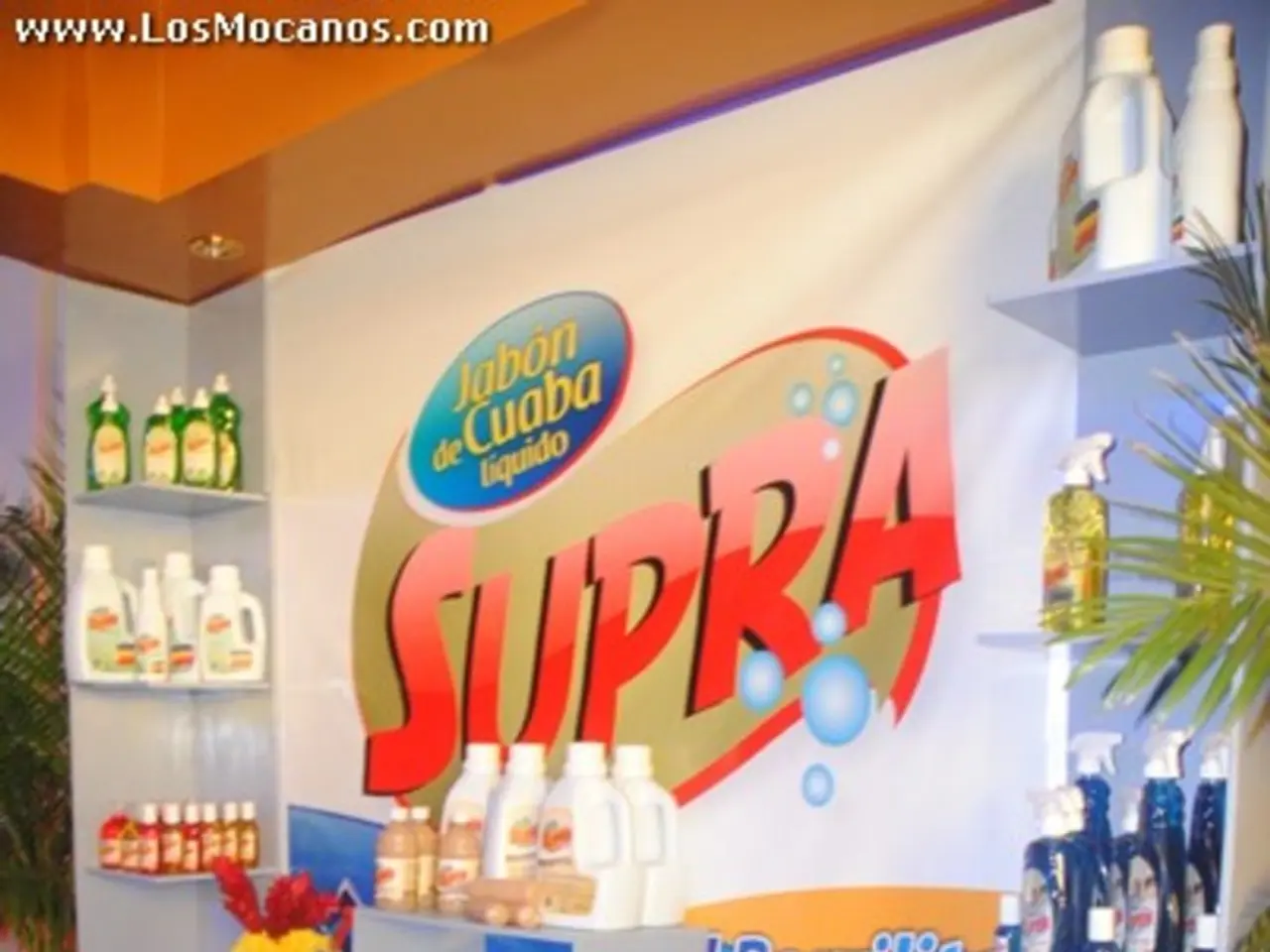Bentley Motors Faces Defeat in Trademark Dispute with Bentley Clothing Company
In a fascinating twist of trademark law, smaller companies have been winning cases against larger ones, thanks to the "use it or lose it" principle. This principle dictates that trademarks must be actively used in commerce or risk cancellation for non-use.
Recently, the Manchester-based Bentley Clothing company filed to register the "Bentley" trademark with the United Kingdom Intellectual Property Office (UK IPO) for clothing and retail services. However, Bentley Motors, known for its luxury cars, objected to this registration, claiming they had registered the "Bentley" mark for a variety of goods, including bags and jewelry.
Despite Bentley Motors' objection, the UK IPO trademark hearing officer, George W. Salthouse, ruled that Bentley Motors failed to provide any evidence of use of the "Bentley" name in connection with garments and the sale of garments. This ruling allowed Bentley Clothing to proceed with their registration.
This case illustrates the power of the "use it or lose it" principle. If a trademark is not actively used for the goods or services it was registered for, the rights to that trademark can be lost to someone who uses it.
Similarly, Chris Gillespie registered 763 domain names that included the word "google." Google Inc., the tech giant, filed a cybersquatting lawsuit against Gillespie. While the outcome of this lawsuit is not known, it highlights the importance of actively using trademarks to prevent their loss.
In another case, the United States Court of Appeals for the Federal Circuit allowed the registration of the trademark FUCT for a clothing brand, despite it being considered immoral or scandalous due to its pronunciation. This decision was made because the smaller entity, the clothing brand, demonstrated active, bona fide use in commerce, while the larger party, presumably the trademark owner who objected, could not show current use or viable plans to resume use.
Trademark cancellation based on non-use allows challengers to free up marks that are no longer used, often catching larger companies that have abandoned or temporarily stopped using a mark. Trademark owners are protected by grace periods or excusable non-use circumstances, but these must be justified; failing this can lead to losing rights.
In conclusion, smaller companies can win trademark cases against larger ones by proving the latter’s mark has not been used or enforced, thereby leading to cancellation or loss of rights under the "use it or lose it" doctrine. While detailed case examples are not always readily available, this principle has been applied in various opposition and cancellation proceedings where smaller companies successfully canceled marks owned by larger companies due to non-use.
- In the realm of finance and business, it's essential for companies to actively use their trademarks to protect their rights, as demonstrated by the case of Bentley Clothing versus Bentley Motors.
- The power of the "use it or lose it" principle is evident in the clothing brand FUCT's successful registration of its trademark, despite initial objections due to immorality, as the brand proved active, bona fide use in commerce, while the objecting party could not show current use or viable plans to resume use.




